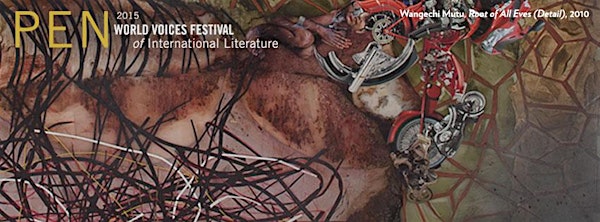
Charlie Hebdo and Challenges to Freedom of Expression
Date and time
Location
NYU Arthur L. Carter Journalism Institute
7th Floor Commons 20 Cooper Square New York, NY 10003Description
UPDATE:
We have reached our event capacity.
Please sign-up for our waitlist, we will release tickets as they become available.
PEN American Center and NYU Journalism present:
Charlie Hebdo and Challenges to Freedom of Expression
A conversation with Ed Berenson, Gėrard Biard, Suzanne Nossel, Jean-Baptiste Thoret.
Moderated by Maggy Donaldson.
Charlie Hebdo’s recently appointed editor-in-chief, Gėrard Biard, and its film critic, Jean-Baptiste Thoret, are visiting the United States for the first time since the attack on Charlie Hebdo’s office in Paris, which killed eight of their co-workers and four others. On the evening of Tuesday, May 5, they will receive the PEN/Toni and James C. Goodale Free Expression Courage Award at the PEN American Center’s annual Literary Gala in New York.
Please join us for a conversation about the challenges to free expression in France and Europe, the role of satire in open societies, the controversies that have surrounded Charlie Hebdo, and the tensions between respect for religious differences and protections for freedom of expression. The panel is in formation and will include NYU’s director of the Institute of French Studies Ed Berenson, Charlie Hebdo editor-in-chief Gėrard Biard, PEN executive director Suzanne Nossel, and Charlie Hebdo film critic Jean-Baptiste Thoret. Journalist Maggy Donaldson will moderate.
We have reached capacity- but please sign-up for our waitlist. We will release
Organized by
At New York University, we believe that journalism has a serious public mission, and can make a difference in the world. We want to educate those who agree. Opportunities abound in the media world, but the opportunity to do compelling work that informs, engages, and matters to the societies in which we live—this is what drives our faculty, motivates our students, and shapes our basic approach.